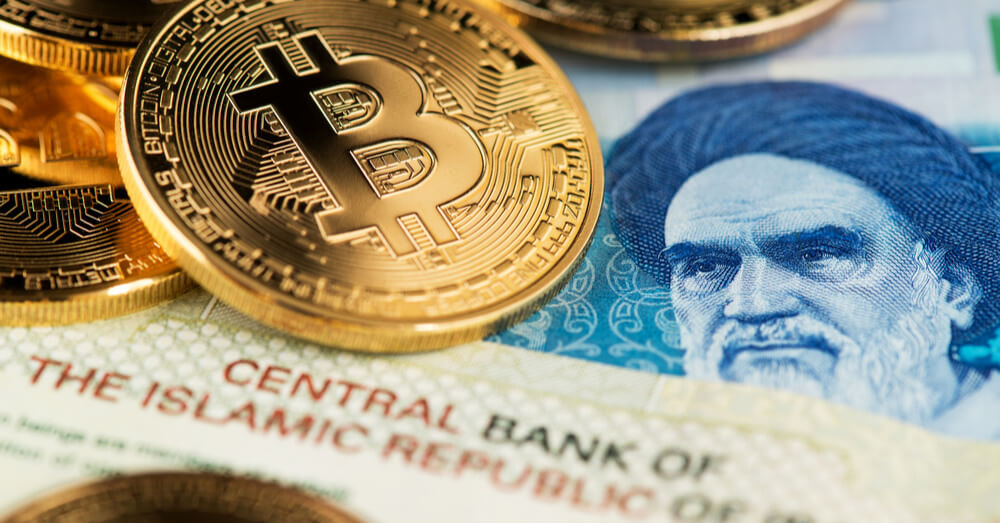
The country is looking into using Bitcoin to pay for the country’s imports
Iran has published a new set of regulations to funnel Bitcoin that is mined by Iranians into state coffers so that the country can use them to pay for imports. This announcement was made by a state – run media outlet, the Iranian Students’ News Agency (ISNA).
The regulations, which were proposed by the Ministry of Energy as well as the Central Bank of Iran (CBI), stipulates that the country’s legally registered cryptocurrency miners must sell the tokens that they mine to CBI. The country has grown increasingly interested in Bitcoin as a way to circumvent the crippling sanctions imposed by the US, which has led to a 33 per cent reduction in their foreign reserves in the last two years.
Many have pointed out that Iran’s decision is reminiscent of the fellow petro – state Venezuela’s recent decision to nationalise their mining pools. Venezuela is also looking for ways to circumvent sanctions that have been imposed on them by the US.
Sometime after the US withdrew from a multilateral nuclear agreement in 2018, it brought back sanctions on Iran that prohibited groups doing business with the country from also doing business with the US. Following this, on October 8, the US Secretary of State Michael Pompeo announced a new set of sanctions against 18 Iranian banks.
The sanctions mean that Iran has limited ability to use any of the dollars it is holding in reserve. According to rumours that have penetrated into mainstream publications, Iran’s central bank has all but officially changed its primary reserve currency from the US dollar to the Chinese yuan, and it is thinking of creating its own digital currency. The combination of their acceptance of the yuan as well as a digital currency that is backed by the state has the potential to help Iran sell more of its oil on the global market.
Brian Hook, the US Special Representative for Iran, confirmed that the country is indeed facing difficulties with the foreign currency needed for imports.
“The regime is struggling to acquire the foreign currency they need to procure imports such as machinery, industrial inputs and consumer goods”, he explained.
Iran formerly legalised cryptocurrency mining in August 2019, even though trading was simultaneously prohibited. The regulations were crafted to collect taxes from miners who might have otherwise taken advantage of the country’s heavily subsidised electricity. Due to Iran’s massive oil and natural gas reserves, it has some of the cheapest energy prices in the world.

